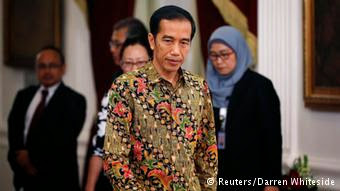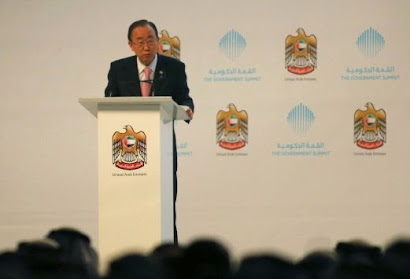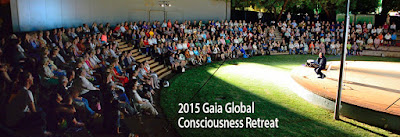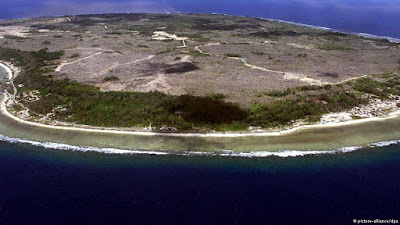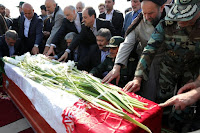Google Blog, Thursday, October 29, 2015
In
Indonesia today, only about 1 out of every 3 people are connected to the
Internet. And even though most of their connections are painfully slow, they’re
doing some pretty incredible things. Startups like motorcycle delivery service
Go-Jek are building impressive adaptations to Indonesia’s unique challenges,
while small businesses like fashionable hijab shop HiJup are using the web to
redefine marketplaces.
Still, a
majority of Indonesians don’t have access to the educational, cultural, and
economic opportunities of the Internet. That’s why we’re pleased to announce
that Indonesia’s top three mobile network operators—Indosat, Telkomsel, and XL
Axiata—have agreed to begin testing Project Loon balloon-powered Internet over
Indonesia in 2016. These tests represent an important step toward bringing all
of Indonesia online.
 |
| From left to right: Ririek Adriansyah, CEO of Telkomsel; Dian Siswarini, CEO of XL Axiata; Alexander Rusli, CEO of Indosat; Mike Cassidy, VP of Project Loon; Sergey Brin, President, Alphabet Inc |
Loon
balloons act like floating mobile phone towers; flying on the stratospheric
winds at altitudes twice as high as commercial planes, each balloon beams an
Internet connection down to the ground, and as one drifts out of range, another
moves in to take its place. Loon can help telecommunications companies extend
their networks; high in the sky, we can help overcome the difficulties of
spreading equipment across an archipelago of 17,000 islands of jungles and
mountains, providing connectivity to even the most remote islands.
Over the
next few years, we’re hoping Loon can partner with local providers to put
high-speed LTE Internet connections within reach of more than 100 million
currently unconnected people—that’s enough speed to read websites, watch
videos, or make purchases. From Sabang all the way to Merauke, many of these
people live in areas without any existing Internet infrastructure, so we hope
balloon-powered Internet could someday help give them access to the information
and opportunity of the web.
But it’s
not the only step Google is taking toward making the Internet both accessible
and useful for people in Indonesia. Android One phones are helping to make
high-quality smartphones more accessible in a country where most people first
access the Internet on a mobile device. And along with that, we’re working to
ease the use of data with features sure as Search Lite, which streamlines
search so pages load more quickly, or by optimizing web pages so that they
require less data to load. Indonesia is also one of the first countries where
YouTube users can take videos offline to watch later during periods of low or
no Internet connectivity.
We’re also
doing what we can to ensure that language isn’t a barrier to the opportunities
of the web. Google Translate was introduced for Bahasa in 2008, and more
recently we’ve expanded it to Sundanese, a language that’s spoken by nearly 40
million people living on the island of Java.
Soon we
hope many more millions of people in Indonesia will be able to use the full
Internet to bring their culture and businesses online and explore the world
even without leaving home. And for those of you who’ve never been to this
country of rich culture and natural beauty, we invite you to head over to
Google Street View to explore the famous temples at Borobudur and Prambanan.
Posted by
Mike Cassidy, Vice President, Project Loon
